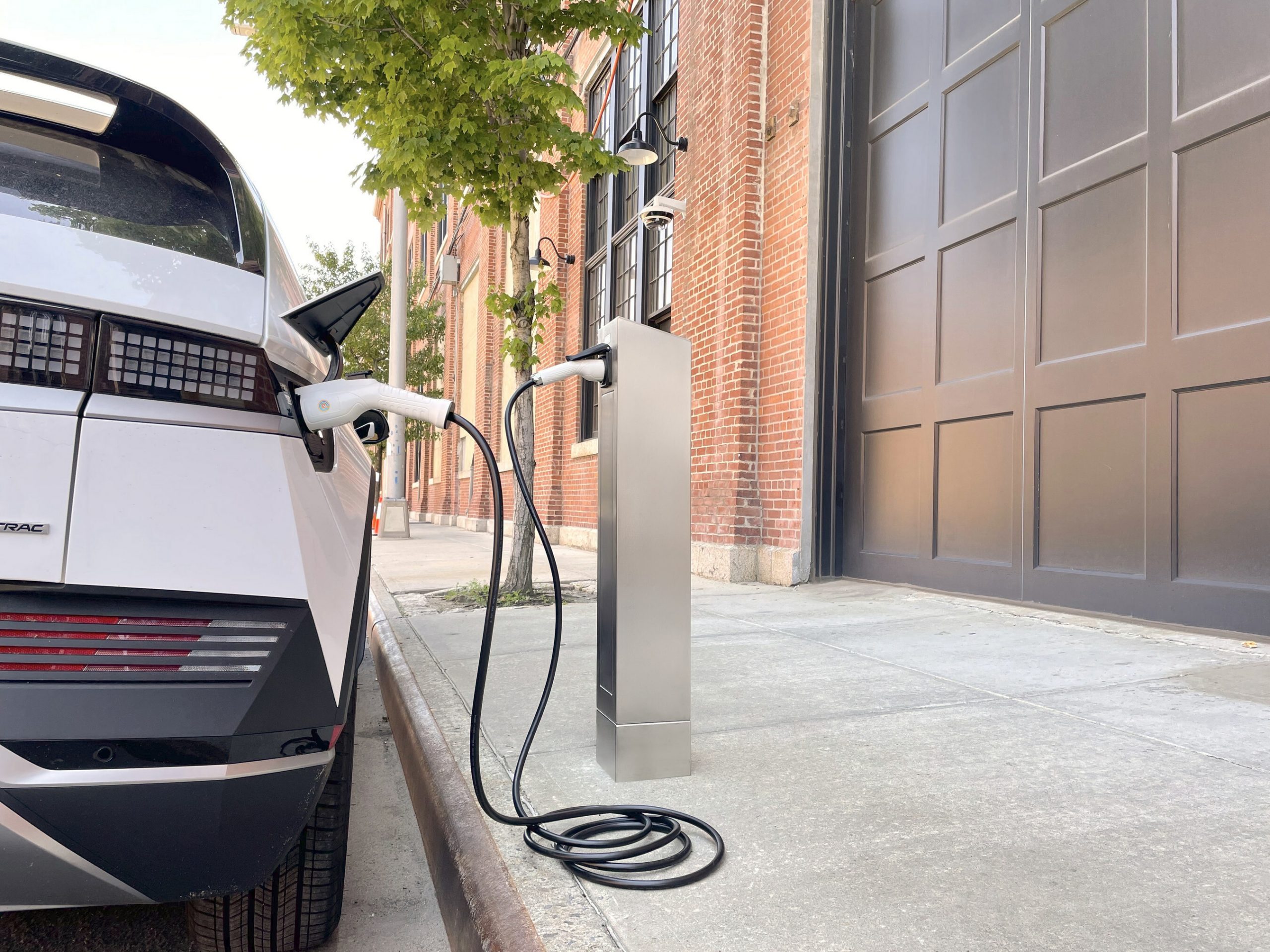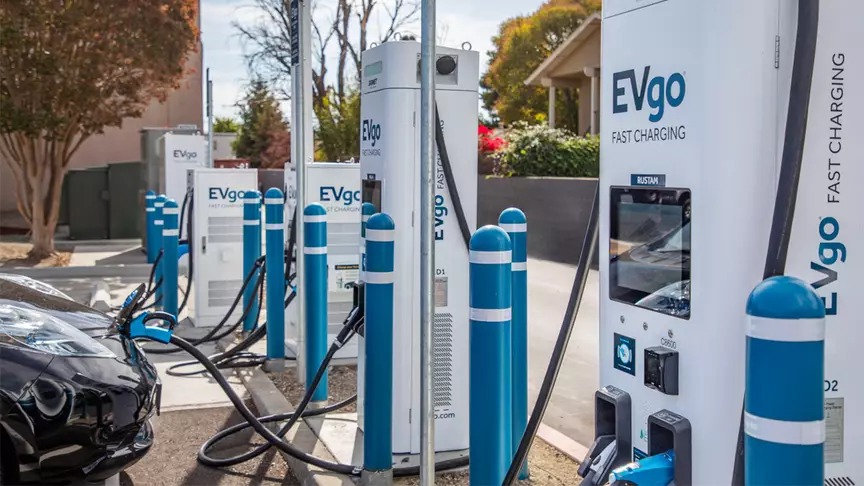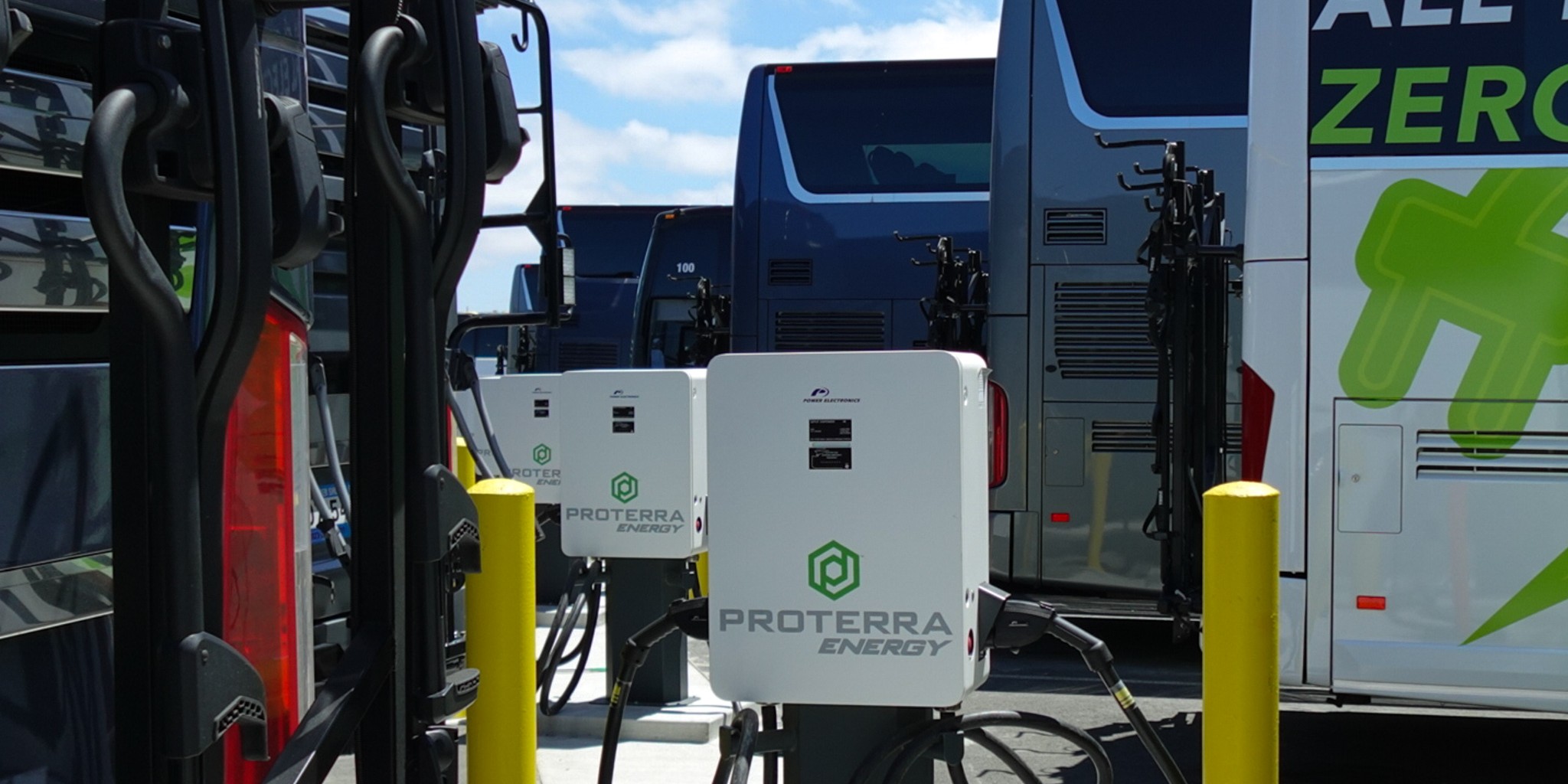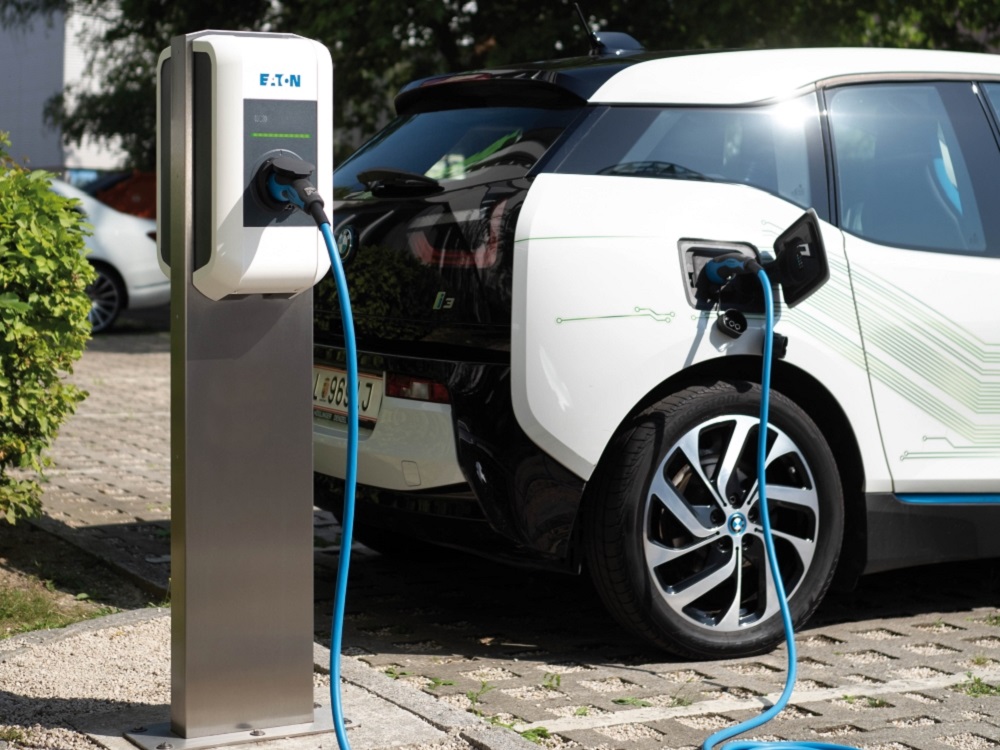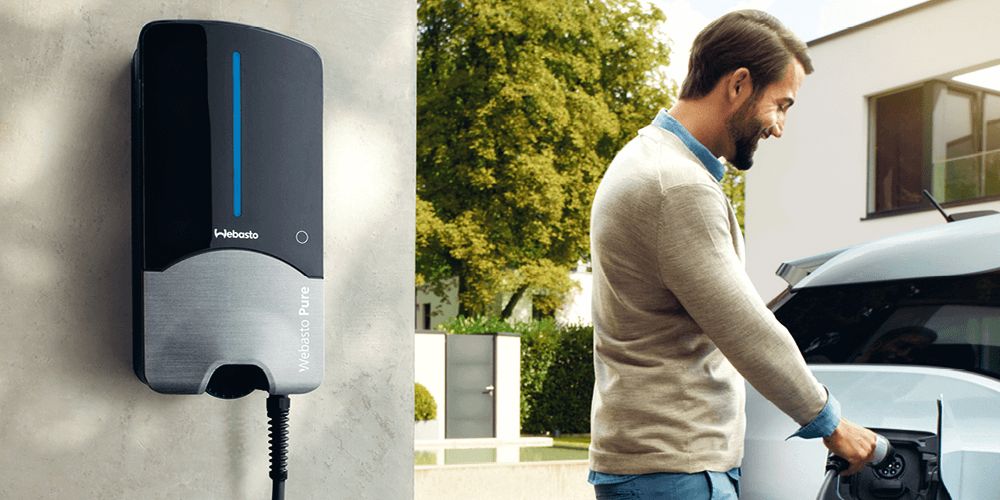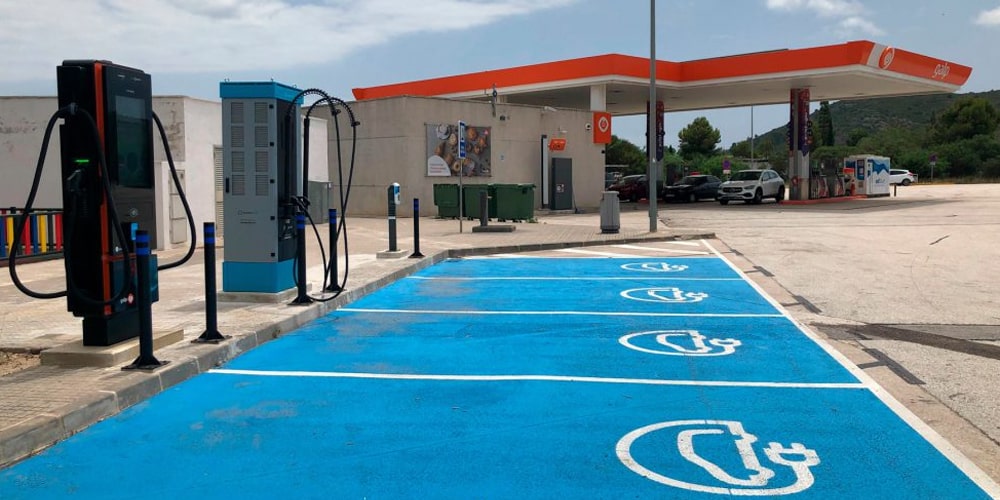Electreon, an Israeli startup specializing in wireless charging technology, has secured contracts in France and Norway to install sections of its advanced wireless-charging road. The company’s innovative solution aims to revolutionize the transportation industry by wirelessly charging vehicles on the move.
In France, Electreon will construct a 2 km (1.2-mile) wireless charging road on a portion of the A10 highway near Paris. Additionally, a stationary wireless charging station will be installed alongside the road. The selection of Electreon came after a comprehensive study conducted by France’s Transportation Ministry, which revealed that the implementation of wireless charging road technology could result in an impressive 86% reduction in CO2 emissions from road freight.
According to The Jerusalem Post, the study also emphasized that electric heavy-duty trucks would need to be equipped with large batteries and would have to make frequent stops at charging stations if Electreon’s wireless charging technology were not utilized.
Expressing gratitude for the opportunity, Electreon’s CEO and co-founder, Oren Ezer, stated, “We are honored that Electreon has been chosen as the provider of on-the-go wireless charging technology for France’s initial ERS deployment. France’s ambitious net-zero transport plan, targeting nearly 9,000 km by 2035, exemplifies the global embrace of wireless charging. We eagerly anticipate introducing our next-generation product, which boasts significantly increased power transfer capacity, through this project.”
In Norway, Electreon will implement its electric road system technology on a road section close to a bus depot operated by AtB AS. This system will facilitate the wireless charging of electric buses operating in the local area. Sustainable Bus reports that the utilization of this road will enable the bus manufacturer to reduce the size of the battery packs in its buses. The ultimate objective is to establish a comprehensive electric road network in Trondheim, Norway, capable of charging electric buses, trucks, and taxis.
Konrad Pütz, the director of Transportation at the Trøndelag County authority, emphasized the significance of inductive charging technology for the transportation sector. He stated, “Inductive charging of vehicles in motion can be a crucial technology for the transport sector. This project will be especially relevant for buses and lorries. It will provide essential insights for the upcoming bus tender in the greater Trondheim area, scheduled to be operational by 2029.”
Electreon gained attention in May when it made headlines for conducting a groundbreaking test. The company successfully drove a modified Toyota RAV4 PHEV on a closed test circuit featuring its electric road system for over 100 hours, covering an impressive distance of 1,207.05 miles (1,924.56 km). This achievement set a new record for the longest electric journey completed without requiring any charging.


